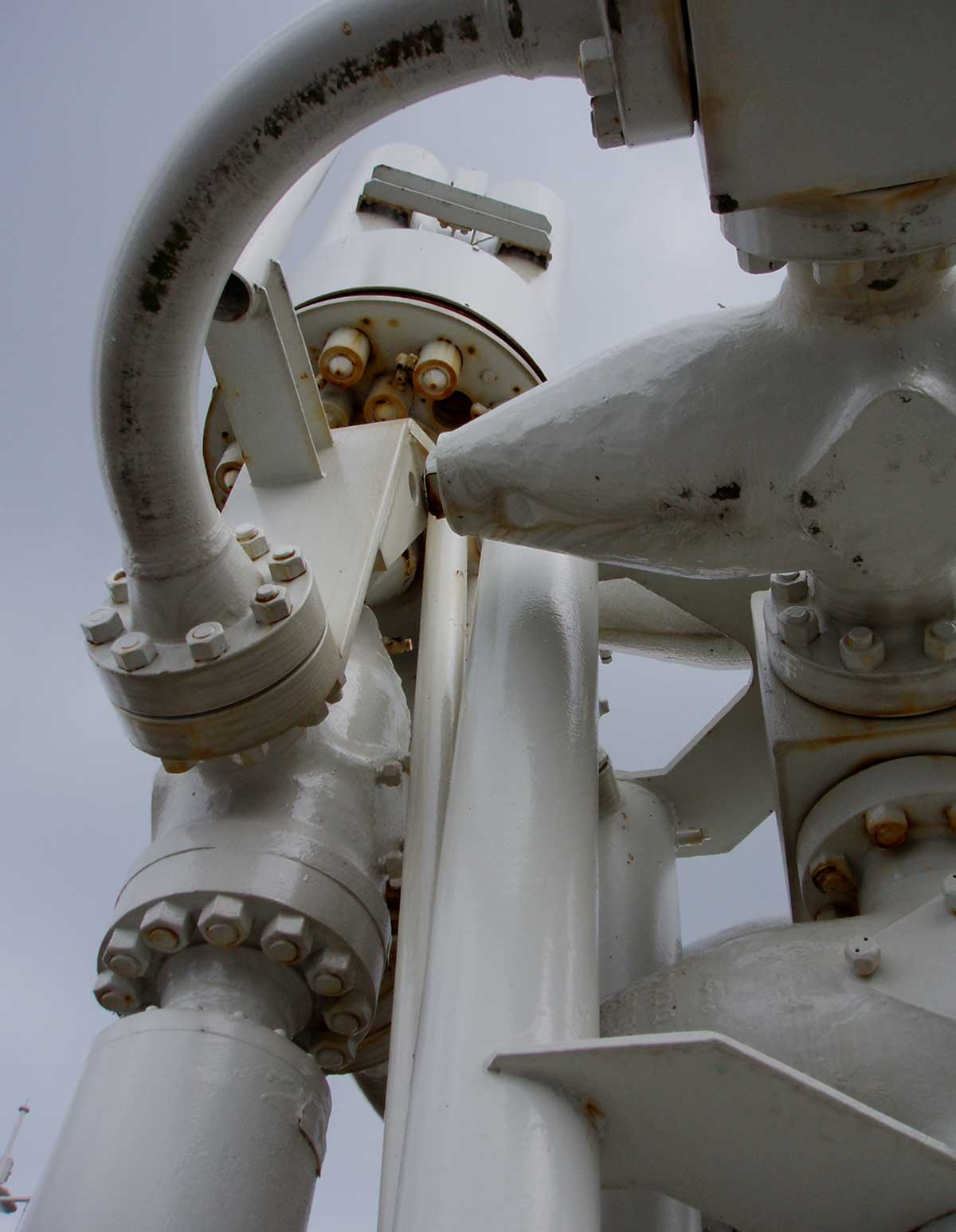Effective May 9, 2025, ACR has made its Plugging Orphaned Oil and Gas Wells Methodology (version 1.0) (“OOG Methodology”) inactive to update requirements to ensure consistent and appropriate application across diverse project sites and wells and to avoid delays in verification.
Read more
The OOG methodology update does not impact projects that have already been verified or credits that have already been issued. In addition, projects that have approved Methane Measurement Method Approval Forms (MMMAFs) may complete the verification process under version 1.0 of the OOG Methodology.
ACR will work with trusted partners and industry experts to update the OOG Methodology to version 2.0 following ACR’s methodology update process, which includes a public comment period and scientific peer review. Publication of an updated version is planned for 2026.
ACR will continue to accept new project listings until publication of the updated version. New projects, as well as currently listed projects that do not have an approved MMMAF, must be validated and verified for conformance with the updated version 2.0 of the OOG Methodology.
When published in May 2023, the OOG Methodology was the world’s first focused on plugging orphaned oil and gas (OOG) wells in the United States and Canada. In the U.S. alone, the Environmental Protection Agency estimates methane emissions from abandoned wells (of which orphaned wells are a subset) to be at least 7 million metric tons of CO2 equivalent annually, which is likely an underestimate. Over 120,000 orphaned wells have been documented across 30 states in the U.S., and estimates of additional undocumented orphaned wells range as high as several million across the country.
The OOG Methodology is a high priority for ACR given the number of OOG wells, their negative social and environmental impacts, and the woefully inadequate funding available to plug them. The OOG Methodology has already delivered significant carbon market finance to address the crisis and meaningful climate impact through the reduction of methane emissions. The collective experience from over two years of project development, implementation, validation, verification, and credit issuance across a broad OOG landscape provides valuable insights to ensure the OOG Methodology can be scaled to realize its full potential and ongoing climate impact.



